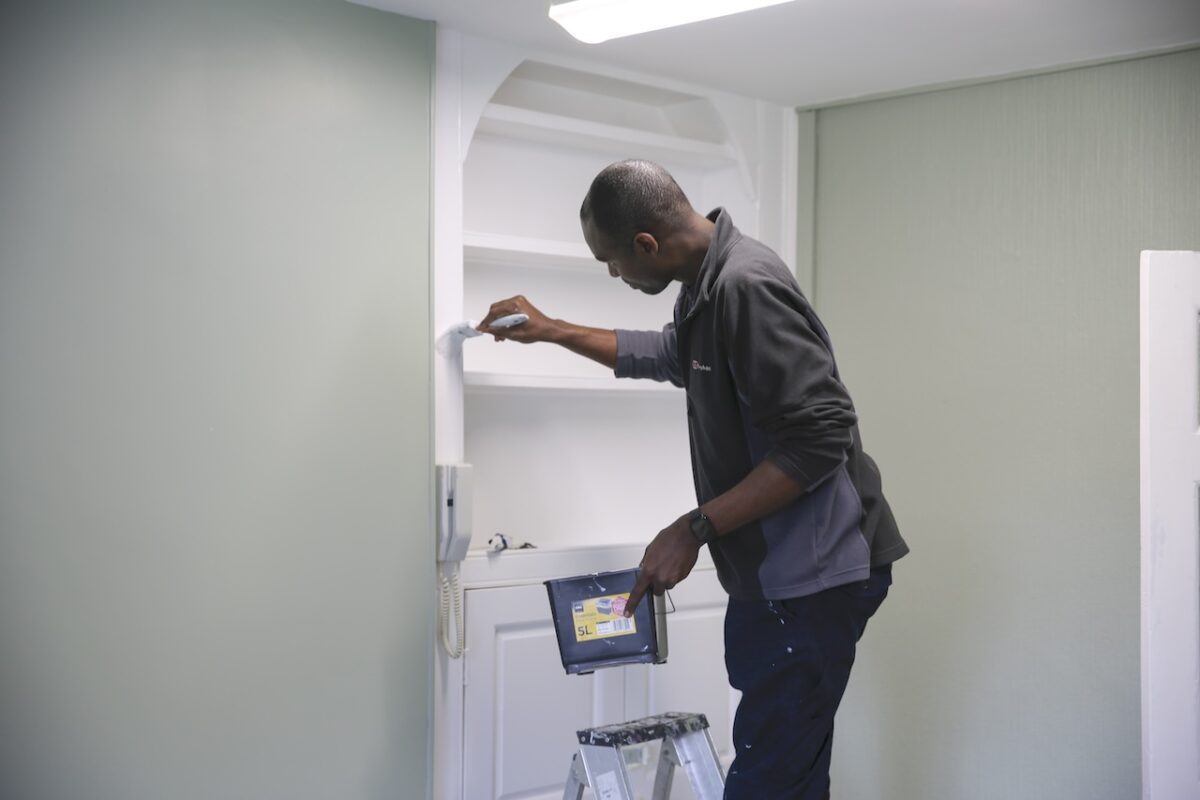Workplace DEI is make-or-break for employees

Employers’ attitudes to – and performance on – diversity, equity and inclusion (DEI) in the workplace is fast becoming a make-or-break issue for workers, reveals the ADP® Research Institute’s People at Work 2022: A Global Workforce View.
More than two thirds of UK workers (68%) say they would consider looking for a new job if they discovered their company had an unfair gender pay gap or no diversity and inclusion policy, the survey of almost 33,000 workers in 17 countries found.
Although women are more likely to say so, men are not far behind, and younger workers feel particularly strongly (see graph). The report explores employees’ attitudes towards the current world of work and what they expect and hope for from the workplace of the future.
Underperformance on DEI could have an adverse impact on recruitment and retention
Although most employers recognise the importance of DEI, around a third (34%) of UK workers say their employer either talks about the importance of a gender pay equality policy or diversity and inclusion policy but doesn’t have one, or never mentions it at all.
Sirsha Haldar, Managing Director, ADP UK, Ireland & South Africa, comments:
“Workers are weighing up ethical or cultural considerations when deciding whether to join or remain with an employer. They are willing to walk away if employers fall short when it comes to creating a diverse workforce and treating them fairly.”
“The corporate moral compass is under scrutiny, and the onus is on companies to demonstrate they are taking the lead on good practice – or at least not falling behind. Since pay inequity is more of a dealbreaker for younger workers, there is likely to be a permanent expectation among both current and future workers that employers take DEI seriously as part of their corporate culture.”
“There’s a real risk that failure to be proactive in this area could act as a drain on talent. Employers could put themselves at a competitive disadvantage if they fail to seek out the best candidates from the widest pool. And they may struggle to retain highly-skilled or qualified women or people from a diverse range of ethnicities and backgrounds if they do not tackle pay gaps or deliver equality of opportunity.”
“The ramifications could go even further, adversely affecting the way the company as a whole and its values and brand are perceived by staff and candidates of any description, as well as other stakeholders such as customers and shareholders.”
Less than a third (30%) of UK workers say their employer has got better at gender pay equality and diversity and inclusion compared to three years ago, and 15% think they have got worse.
Management teams, company owners and HR departments are cited as the primary drivers of gender pay equality and diversity and inclusion within companies, but 30% of cases workers say it is left up to employees, and almost a quarter (24%) say no-one is driving it.
People at Work 2022: A Global Workforce View explores employees’ attitudes towards the current world of work and what they expect and hope for from the workplace of the future.
ADP Research Institute® surveyed 32,924 workers in 17 countries around the world between 1 November and 24 November 2021. This included:
- 15,683 in Europe (France, Germany, Italy, the Netherlands, Poland, Spain, Switzerland and the UK)
- 3,829 in North America (USA and Canada)
- 5,768 in Latin America (Argentina, Brazil and Chile)
- 7,644 in Asia Pacific (Australia, China, India and Singapore)
The survey was conducted online in the local language. Overall results were weighted to represent the size of the working population for each country. Weightings are based on labour force data from the World Bank, which is derived using data from the ILOSTAT database, the central statistics database of the International Labour Organization (ILO), as of 8 February 2022.











Responses